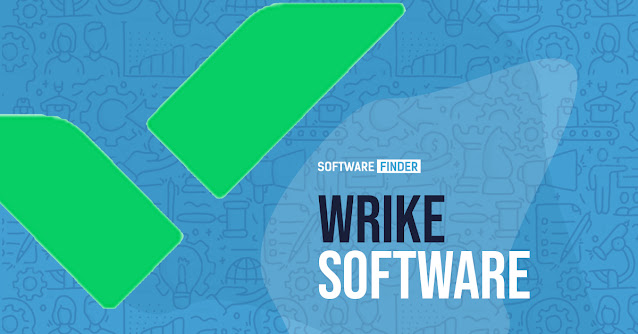Asana Vs Monday Software Demo - Project Management Software Comparison
In this Asana Demo vs Monday software Demo comparison, we'll take a look at the features of both platforms. We'll take a look at the number of projects, unlimited storage, and automation. We'll also discuss how each interface can be used, including List view and Templates. This comparison can help you make an informed decision on which software to try. Read on to learn more.
Unlimited storage
One of the major
differences between Asana Demo and Monday Demo is their price structure. Monday does
not charge users a monthly subscription fee but makes money through
subscription fees from third-party integrations. To use Monday, organizations
pay a fee of a few dollars a month for integrations with Slack, Trello, and
JIRA, which can add up quickly. Still, Monday's prices are significantly lower
than Asana's.
The free plan isn't all
bad, either. Both companies offer unlimited storage and 54 different automation
rules. You can also integrate your account with popular tools like Microsoft
Teams, Slack, and Zendesk. This feature makes it easier to collaborate in one
space, while Asana limits your storage to 100MB per attachment. You can also
set unlimited users and projects. Asana is also better for collecting
post-project feedback. Unlimited storage is one of the biggest advantages of
Asana, but the price isn't the only one.
Unlimited automations
You'll find several differences between the Asana and Monday software demos. For example, Monday's workflow allows you
to assign and track tasks based on their due dates, and you can customize your
automations to send emails when the task's deliverable changes or the due date
arrives. However, the Asana software demo provides more pre-defined automation
triggers that let you customize tasks.
The Asana software
interface is far superior to Monday, with its central dashboard and multi-use
rows. You can assign and track tasks, as well as create dependencies between
tasks. There are also attachments and comments for each task, so you can keep
track of progress and see if any tasks are getting missed. Asana also provides
a portfolio where you can keep track of all your projects.
List view
To compare Asana vs
Monday software, let's look at their different features. The free plan of
Monday limits its users to two users, while Asana allows for 15 users. Both
tools can be customized, but monday's customizations are more robust. You can
choose between different types of templates and view settings. You can also
adjust the number of team members per project to meet your needs.
While both services offer
similar features, there are some key differences. Asana has more customizable
options, while Monday focuses on streamlining communication. Monday's interface
encourages collaboration among team members, while Asana is best for smaller
teams. The interfaces of these two projects differ enough that users may find
one to be more useful than the other. Both products feature drag-and-drop
functionality to create custom views.
Templates
If you are considering
using a project management tool to organize your work, you may be wondering how
Asana compares to Monday. While both products have similar functionality, their
user interfaces are somewhat different. Asana's main screen has a simple
layout, with five icons in the upper-right corner. However, Monday's dashboard,
inbox, and activity tracking capabilities require more time to master. However,
both tools offer useful communication tools to manage your tasks.
The Asana demo is more
attractive than Monday's, and has an array of color-coded project details for
easy reference. Monday, on the other hand, is missing some key project management software features, like resource allocation, budgeting, and invoicing. Monday
does not have a built-in task dependency management feature, but it has a
workaround. You can add a dependency column to your workspace and connect tasks
together to prevent one from starting before the others.
Integrations
There are several differences
between an Asana demo and a Monday software demonstration. In general, the
interfaces of the two products are similar, with both services requiring only
minimal configuration. The two services differ in how easy they make it to
communicate with each other. Asana's interface is detailed and complex, but its
onboarding modals and tooltips help new team members get up and running. Unlike
Monday, however, it is easy to learn how to use the software without any
additional training.
In the Asana software
demo, only three tasks are displayed. Monday's templates show seven tasks, with
the last one containing a due date and other information. Moreover, Monday's
templates include various project elements, such as the timeline and approval
status. In comparison, Monday displays seven tasks, with each showing a due
date. The difference between the two is primarily based on the templates.




Comments
Post a Comment